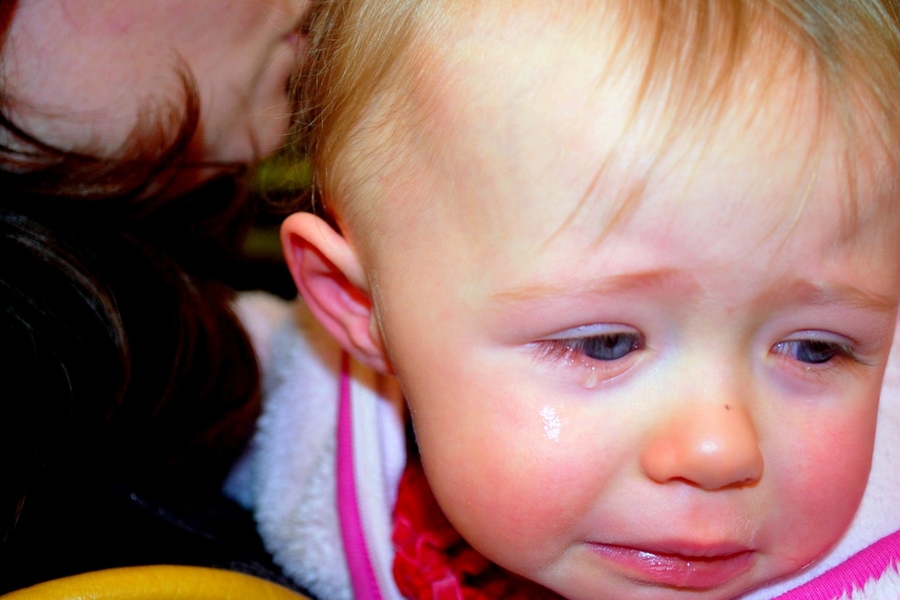
Urinary Tract Infections In Babies – Identify And Treat Them In Time
15 May 2018 | 3 min Read
Dr Darshani Patil
Author | 3 Articles
Infections that occur in the urinary tract, the bladder, the urethra or the kidneys are collectively termed as Urinary Tract Infections (UTIs). While these are painful for adults, with tell-tale symptoms of backache and a burning sensation during urination, UTI in infants are different from those in adults in many ways. For starters, they may not suffer from the burns associated with the disorder in adults. In addition, despite being quite common, they aren’t as severe in babies and toddlers. Premature babies, neonates and those infants with small blocks that restrict the flow of urination are at a higher risk of UTI as compared to others.
UTI symptoms in babies
Symptoms displayed by babies are quite different to those seen in adults. Signs of urinary tract infection in babies are as follows:
- Vomiting
- Fever without any apparent cause
- Fowl or odd smelling urine
- Lack of hunger or willingness to eat
- Excessive fussiness in an otherwise calm baby
- Excessive crying
Causes of UTI in infants
UTI is essentially a bacterial infection of the urinary tract that might begin anywhere along the length of the tract from the urethra to the kidneys. It is the bacteria, largely present in the feces that reside in the large bowels that cause UTIs. If these bacteria travel up the urethra to the urinary tract, they are potent enough to cause severe infections needing a course of antibiotics to cure them.
Bacterial spread to the urinary tract might also occur through the bloodstream or the lymphatic system of the body from another source of infection in the body.
UTIs in babies’ treatment
- The usual course of action is to give antibiotics for UTI to the baby. It is important to finish the prescribed course of these medicines to ensure complete recovery as prescribed by the doctor.
- Consuming plenty of water and other fluids is important to flush out the bacteria from the body.
- For infants younger than three months, a hospital admission for a couple of days may be required as medicines are given to them intravenously.
- If no visible changes are seen within two days, it best to revisit the doctor, to check if the medicines need to be changed and to ensure that nothing sinister is being missed.
Preventing UTI in babies
While all UTIs can’t be prevented, there are some ways to ensure general well-being of the child that also keeps infectious bacteria away:
- Exclusive breastfeeding for the first six months of every baby’s life helps build immunity
- Careful wiping of the bum from the front to the back, especially in girls, is extremely important to maintain hygiene and avoid germs from entering the urethra.
- Keep the child hydrated enough to ensure clear, pale yellow pee.
- Stick to loose fitting cottons, especially for undergarments that allow easy drying of private parts.
UTI in babies are easy to treat and even easier to prevent. Although, if the disease follows a recurring course, it is best to look into it deeply to rule out more serious conditions.
Also read: Common Allergies In Babies And How To Identify Them
A


Related Topics for you
Suggestions offered by doctors on BabyChakra are of advisory nature i.e., for educational and informational purposes only. Content posted on, created for, or compiled by BabyChakra is not intended or designed to replace your doctor's independent judgment about any symptom, condition, or the appropriateness or risks of a procedure or treatment for a given person.
